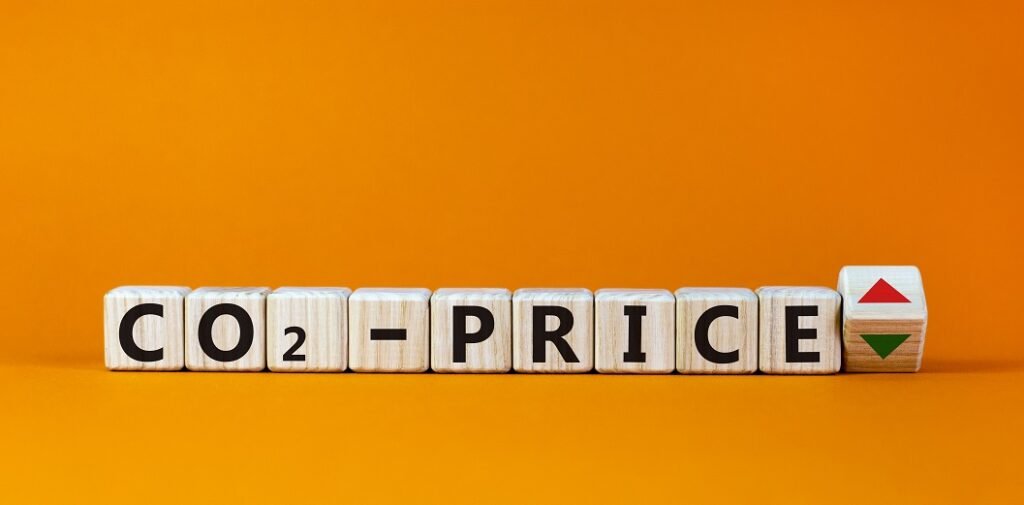On October 29, 2021, Indonesia’s President issued the Presidential Regulation No. 98 of 2021 on the Framework for Carbon Pricing to Achieve the Greenhouse Gas Reduction Target (Nationally Determined Contribution: NDC) and to Curb Greenhouse Gas Emissions in National Development (hereinafter “the Regulation”). The Regulation sets out the country’s framework for action against climate change, stipulating policies on the preparation of climate change mitigation action plans to reduce greenhouse gas emissions and introducing various schemes based on carbon pricing (e.g., carbon emission trading). Subsequently, ministerial regulations are planned to be established separately to implement the Regulation. The Regulation came into effect upon the establishment, and accordingly, the Presidential Regulations No. 61 and 71 of 2011 became invalid.
The original text of the Regulation can be downloaded at:
https://jdih.menlhk.go.id/new/uploads/files/2021Perpres098_menlhk_11162021103908.pdf
Climate Change Mitigation Action Plan
In an effort to achieve the NDC, a climate change mitigation plan must be prepared in accordance with the following steps:
- Compiling an inventory of greenhouse gas (referred to as “GRK” in Indonesian) emissions;
- Preparing and determining greenhouse gas emission standards;
- Preparing and determining climate change mitigation targets; and
- Preparing and determining a climate change mitigation action plan.
The Regulation designates six types of greenhouse gases to be included in the inventory: carbon dioxide (CO2), methane (CH4), nitrous oxide (N2O), hydrofluorocarbons (HFCs), perfluorocarbons (PFCs), and sulfur hexafluoride (SF6). For these six greenhouse gases, business entities will be required to compile data on their emissions and submit it to a competent governmental authority by March every year.
Based on the aggregated inventories, three types of greenhouse gas emission standards for the country are planned to be established, at national, state, and sectoral levels. In the same way, three types of climate change mitigation targets will also be developed. Then, based on these standards and targets, the final climate change mitigation action plan will be formulated. For the details of the climate change mitigation plan, a ministerial regulation will be promulgated separately.
Carbon pricing
The Regulation aims to curb greenhouse gas emissions using various schemes based on the idea of carbon pricing. In the original text of the Regulation, carbon pricing is referred to as “NEK” in Indonesian, which literally means “economic value of carbon.” The schemes, which include the carbon emission trading, will be detailed in separate ministerial regulations. Business entities will be obliged to record the implementation of the various schemes based on carbon pricing and report the results in the National Registry System on Climate Change (SRN PPI). Business entities having violated this reporting obligation will be given alert and/or charged fines.
In addition, as one of the schemes based on carbon pricing, the Regulation also stipulates the introduction of a climate change mitigation labeling scheme that targets products and services contributing to the mitigation of climate change.
 Indonesia enacts Presidential Decree on policies and measures to combat climate change
Indonesia enacts Presidential Decree on policies and measures to combat climate change 

























